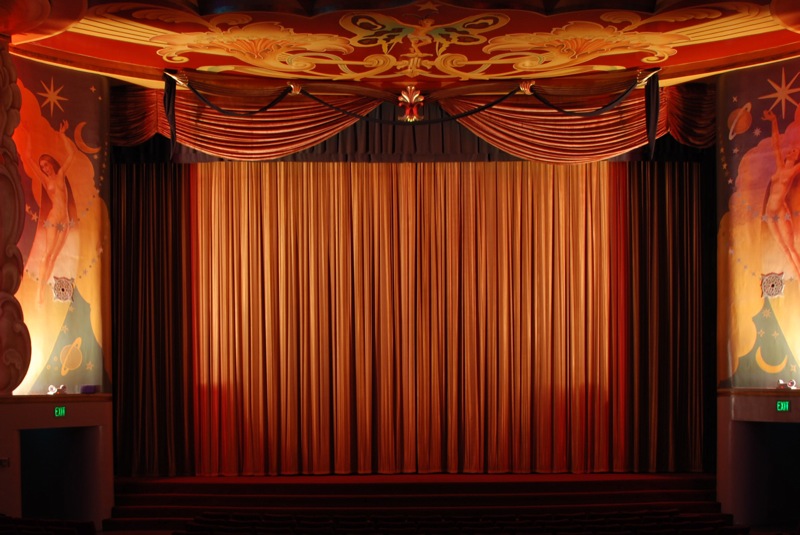Three conditions for artistic success

Max Gillies AM outlines his own path to success and shares some advice for young artists
Published 10 December 2015
Political satirist and actor, Max Gillies AM, is an Honorary Senior Fellow at the Faculty of the Victorian College of the Arts and Melbourne Conservatorium of Music. He delivered the Occasional Address for the faculty’s Conferring of Degrees Ceremony on December 9, 2015. This is an edited extract from that speech.
The imaginative potential of theatre first hit me as an undergraduate on this campus in a lazier time, 56 years ago. At least 20 years before the College of the Arts was even a thought bubble.
It was not a propitious time for aspiring Australian artists of any kind. A combination of repressive authoritarian governments and heavy censorship (of both literature and cinema) smothered intellectual life. In fact cultural life in general was pretty stagnant. Military conscription, disrupting the lives of a generation of eighteen year olds, was the final straw.
So by the late 1960s a reaction could no longer be suppressed.

The cultural shift that finally took place in Australia galvanised a new generation. The Whitlam government would be its political expression, and with it came the first serious official patronage of the arts.
Carlton was the southern hub of this national cultural awakening and a new collectivist spirit took hold. We created our first self-managed artistic cooperative. Our first project was a research-based workshop on the community’s history and it became our signature show “Marvellous Melbourne”, at once political satire and celebration.
The Pram Factory would be become the forerunner of Melbourne’s rich variety venues and companies. Circus Oz was born there and continues to flourish.
The distinguishing characteristic of our first productions was the satiric point of view.
It was in this context that I found a way of engaging in the wider political struggle that finally made sense to me - by poking it from the side.
I believe the satirical perspective is the cultural bond that above anything else defines Australians, whatever their origin. Australians take their laughter seriously – as a corrective to folly, blind authority or mindless orthodoxy. Sometimes even as a protection from madness. It can help us to keep a clear head. When, for instance, Prime Ministers seem to be eating raw onions before our eyes.
Comedy depends on perspective. Perspective requires a point of view, a stepping back. This is an Australian’s default position and it became the basis of my subsequent television projects.
I did not embark on an artistic quest to achieve recognition as a satirist or to have a national television profile. These were purely by-products of my need to collaborate with like-minded people to engage, provoke and divert our peers.
Your art is the shape you give to your life and what you make from it.
To achieve success the artist requires three things:
First, a platform; a space or a studio you share the control of. The need for collaboration goes without saying.
Second, dedication to the task is probably insufficient, obsession is probably a better word.
Third, an audience, no matter how small. But it’s necessary to have some form of metaphorical dialogue with others. If you have something worth saying, you need to know if anyone finds it worth listening to. This applies equally to artists who work alone - writers and visual artists need an audience too - mediated if necessary by patrons or agents.
The ultimate size of your audience is out of your hands. The scale of your success is down to luck.
Banner image: Curtain by Gosheshe, via Flickr
